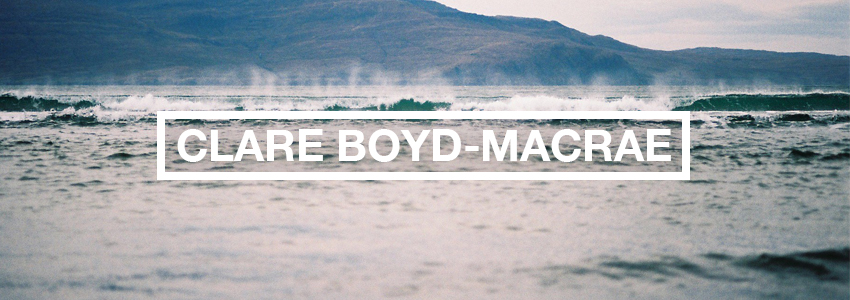What's the point of praying for Ukraine?
 Wednesday, April 6, 2022 at 02:23AM
Wednesday, April 6, 2022 at 02:23AM Throughout history, through all manner of disasters, Christians have prayed. People of other faiths do the same, and people of no faith but plenty of good will send positive thoughts out into the universe.
Is this irrational-seeming behaviour simply wishful thinking?
At the moment, like countless others, I am praying for Ukraine many times a day, as I am for the flood ravaged parts of our country. And I continue to pray about global warming, better treatment for refugees, justice for our First Peoples, for an end to the patriarchy that continues to blight human history.
Nick Cave famously sang that he didn’t believe in an interventionist God; in some ways I agree. I don’t think God intervenes in the world and our lives in a crude, mechanistic way; protecting some and smiting others. Nor do I think that God pulls strings for favourites, or that prayer works as a kind of manipulation of the Divine Creator and Lover of us all. How prayer ‘works’ is a mystery, just as God is.
I am convinced, however that there is an unstintingly loving power at the heart of the universe. And it is my experience, and the experience of many other faithful people, that every time I pray, something shifts, as though I can access a tiny part of that loving power.
Two examples from my own life. First: when I pray for situations of conflict in which I am embroiled, something in me softens. Second: my husband and one of our adult children have debilitating illnesses. I pray for them constantly, without expecting a ‘miracle’ cure. (Although there are miracles aplenty in my view – from modern medicine to the remarkable people around us that sustain us in the darker times.) I know that when I pray regularly, I manage to cope with more grace and endurance. I meet others in similar situations, and I perceive the incredible courage, humour and resilience in the vast community of the ill and those who care for them. I see more clearly the abundant beauty that I miss when I am not in the habit of praying. Sometimes, an opportunity to do something practical in the area I am praying about may even present itself.
When I am in the habit of praying, I become a slightly clearer channel of God’s love, able to contribute better to all that is good in the world. When I pray, in some small way, God’s spirit is more easily able to work in and through me.
As a Christian who believes that somehow the creator God became a person in Jesus of Nazareth, my prayers are not simply a wistful sending out of good vibes, effective as that may be. In my experience, prayer allows me to tap into a boundless resource of grace and love that is vastly bigger than I am.
So I will keep praying for Ukraine, and the climate crisis, and the refugees. Because when anyone prays in love, from the heart, something changes.
This was published in the April issue of The Melbourne Anglican
 Clare |
Clare |  4 Comments |
4 Comments | 